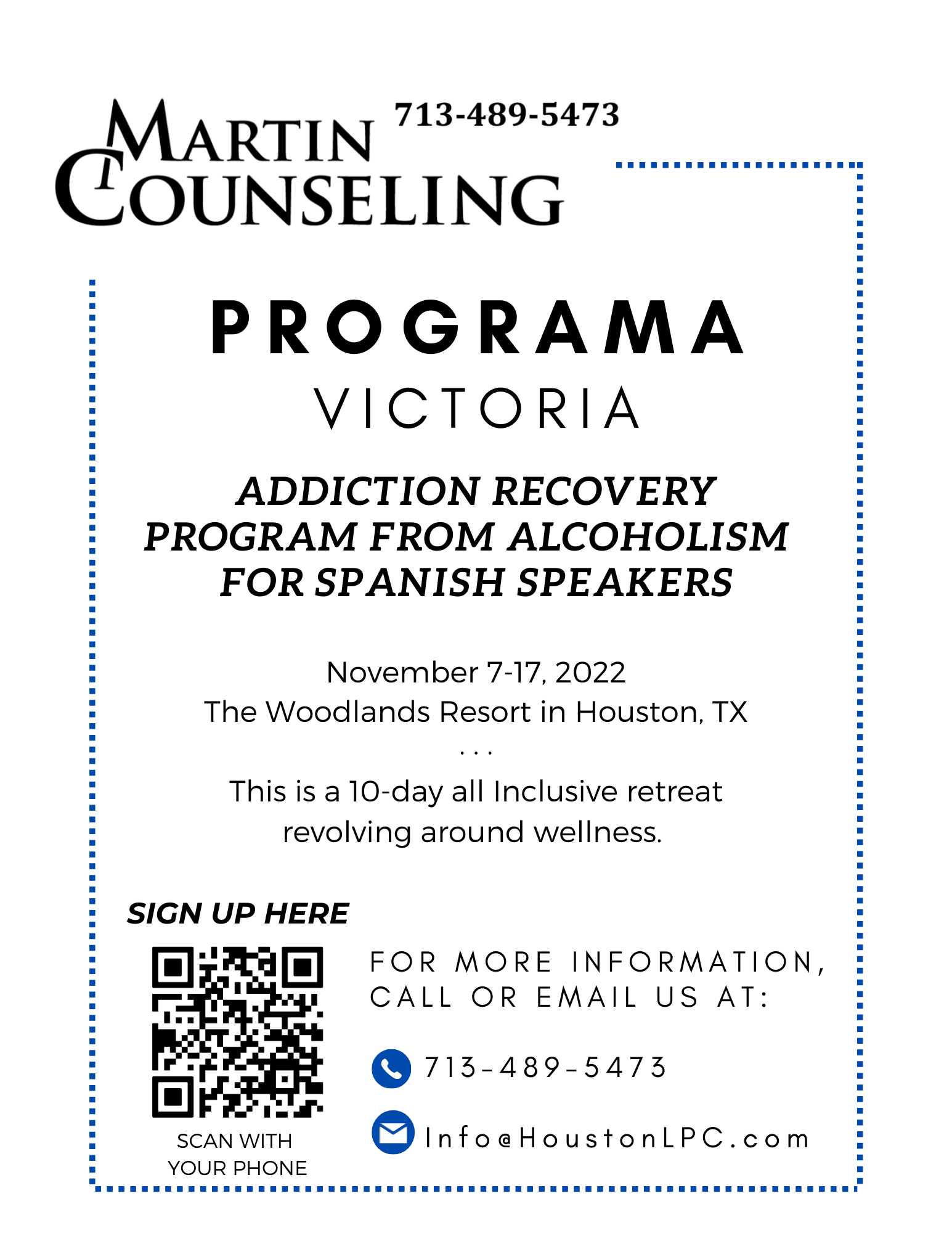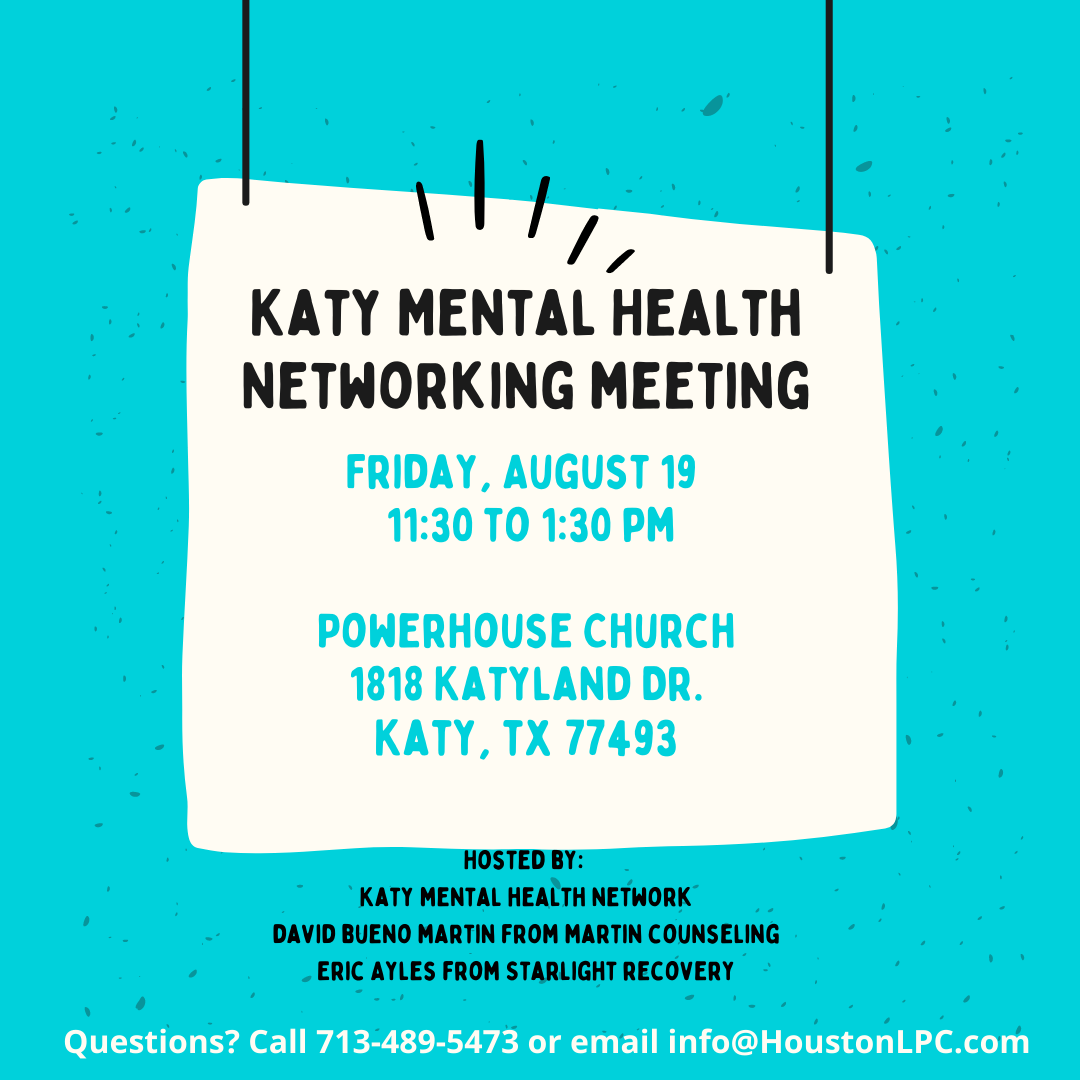Struggling with Anxiety?
Care Coordinator
This blog is presented by Yamid Montalvo, LPC. For more information, please visit Martin Counseling .
Phobias are an extreme fear of regular situations or objects. There is a social anxiety disorder, specific phobias, and agoraphobia. The causes for phobias are associated with genetic factors, psychological factors, and social and sociocultural factors. The treatment for phobias is often through the use of benzodiazepines and antidepressants. Also, there are cognitive-behavioral treatments such as exposure therapy, systematic desensitization, cognitive restructuring, and modeling therapy.
Panic disorders involve constant panic attacks for one month or more. The causes of panic disorders are biological factors, psychological factors, social factors, and sociocultural factors. The biological treatments for panic disorders are benzodiazepines, antidepressants, and beta-blockers. The cognitive-behavioral treatment for panic disorders often involves teaching the client about self-efficacy, which aims to extinguish the symptoms.
Generalized anxiety disorder (GAD) involves increased levels of anxiety and excessive worry about anything that happens in daily life. The causes of GAD involve biological, psychological, social, and sociocultural factors. The treatment for GAD is usually through the use of antidepressants and benzodiazepines.
Obsessive-compulsive disorders are a combination of anxiety-producing thoughts and compulsions. Obsessions characterize these disorders with contamination, errors, unwarranted impulses, and order. Etc. The causes involve psychological, biological, social, and sociocultural factors. These disorders are treated with antidepressants to increase serotonin levels and behavioral treatments. Some techniques used in behavioral therapies are gradual exposure, flooding, and responsive prevention.
Problem Solving and Behavior Modification
Problem Solving: Make available a variety of response alternatives and increase the probability of selecting the most effective.
5 Stages:
General Orientation:
Accept the problem is a normal part of life and it is possible to cope with it
Recognize problematic situations when they occur
Avoid the tendency to react impulsively or “do nothing”
Problem Definition and Formulation:
Define all aspects in operational terms
Formulate or classify elements of the situation
Define the problem into smaller pieces and switch the problem to a positive perspective
Generation of Alternatives:
Define criteria for an acceptable solution – List your values
Brainstorming:
Criticism is ruled out – Judgment of ideas is held until later
Check for biases
Free-wheeling – the wilder the idea the better
Quantity is wanted – more ideas the better
Combination and improvement are sought – Two or more ideas can be joined to create a better idea
Overcoming Obstacles:
Restructure the problem or manipulate it to look at it from a different perspective
Think outside the box
Overcome “functional fixedness” – Idea that all things work in the same way
Extra Tips:
Imagine the end goal and work backward
Analog strategy: Identify similar previous problems and consider how it was solved
Take a break: seek that “aha” moment
Decision Making:
Descriptive Model: Attempt to describe and predict the way in which individuals typically make decisions
Normative Model: Involves the specification of rules which one may follow in order to optimize the quality of decisions
Utility: Value of each action + likelihood of achieving the goal
Verification: After choosing a course of action, assess the outcome to allow for self-correction
Feedback
Test-Operate Test-Exit (TOTE) – Outcome is congruent or incongruent: if desired outcome is congruent, subject stops looking for options. If desired outcome is incongruent, subject keeps looking for options.
D’Zurilla T., Goldfried, M. R. (1971). Problem solving and behavior modification. Journal of Abnormal Psychology, 78 (1), 107-126.
















